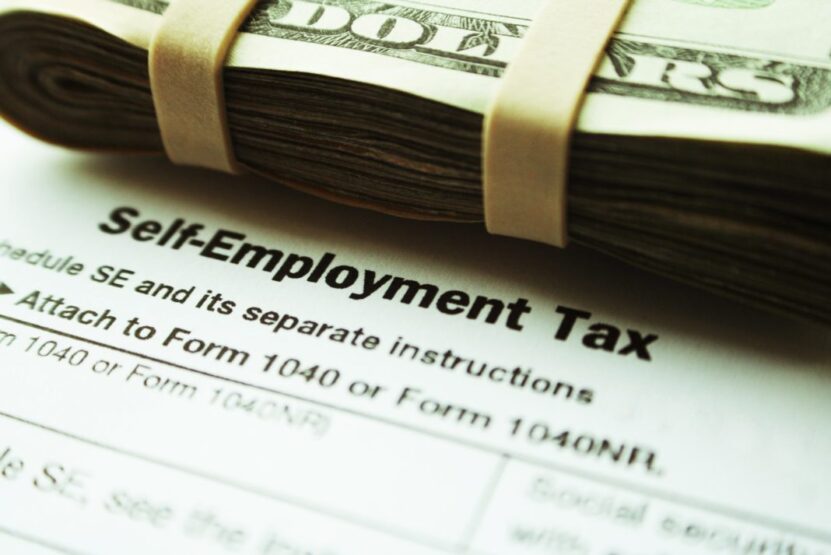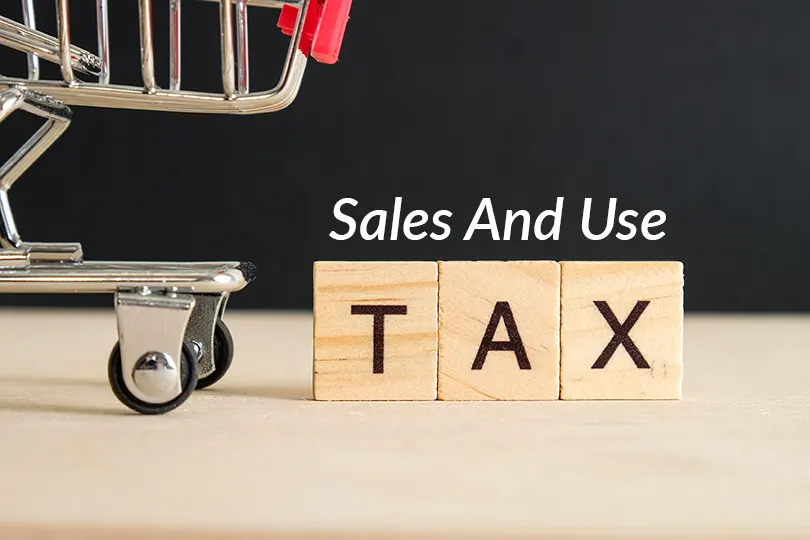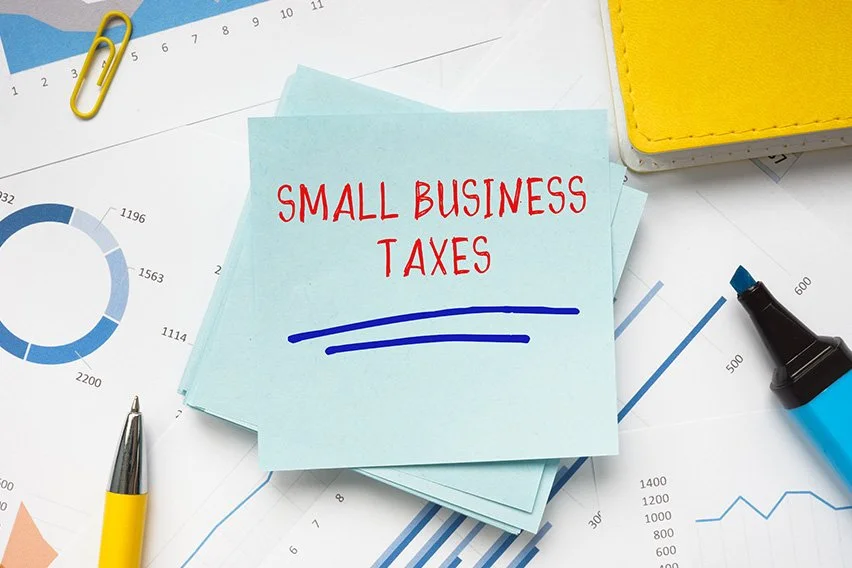Starting a small business is an exciting venture. With it comes the pride of being an entrepreneur, the potential for growth, and the ability to make significant contributions to the local economy. Yet, one crucial aspect that often gets overlooked in the enthusiasm of starting a business is understanding the different types of taxes that a business may be subject to.
Many entrepreneurs dive into the business world with a product idea or a service plan, but they find themselves lost when faced with the maze of taxes. Being unaware or ignorant of these taxes can lead to financial penalties and potential legal problems. Therefore, it’s essential to have a clear understanding of the various taxes to ensure the smooth running of the business. This article sheds light on some of these taxes.
1. Self-Employment Taxes

If you’re a freelancer, consultant, or sole proprietor, you might have heard of self-employment taxes. These are taxes that individuals pay if they run their own business and don’t have employers withholding taxes on their behalf.
In essence, self-employment taxes are the business owner’s version of the Social Security and Medicare taxes that employees see taken out of their paychecks. When you’re self-employed, you’re both the employer and the employee, which means you’re responsible for both the employer’s and the employee’s share of these taxes. It might sound daunting, but with a basic understanding and regular tracking of your income, you can manage these taxes effectively and avoid year-end surprises. It’s also worth noting that half of the self-employment tax can be deducted when determining your adjusted gross income, which only affects your income tax, not your net earnings or your self-employment tax amount.
2. Alternative Minimum Tax (AMT)
One of the first tax forms a sole proprietor or small business might come across is Form 6251. But what is 6251 form? Simply put, Form 6251 is related to the Alternative Minimum Tax (AMT). AMT applies at the individual level since C corporations (C-corps) are no longer subject to it.
The AMT is a tax system parallel to the regular tax system designed to ensure that certain individuals and corporations pay a minimum amount of tax. This was primarily established to prevent these entities from using tax benefits to completely avoid paying taxes.
So, where does Form 6251 fit in? This form is used to determine if you owe AMT and, if so, how much. For small businesses, especially those that have significant tax deductions, understanding this form is vital. If it applies to your business, failing to address it might result in unexpected tax bills and potential penalties.
3. Income Taxes

Income taxes. We’ve all heard of them, and most of us are familiar with paying them as individuals. But for small businesses, the world of income taxes can look a bit different. Essentially, income tax is a tax levied on the financial income of persons, corporations, or other legal entities. Depending on where your business is located and how it’s structured, you might be responsible for federal, state, and possibly local income taxes.
Federal Income Taxes: These are taxes a business owes to the U.S. federal government. The amount owed and the way it’s reported depends on the business structure. For example, sole proprietors report business income on their tax returns, while corporations must file separate returns.
State and Local Income Taxes: Beyond federal obligations, many states and some local municipalities also levy income taxes on businesses. The rules, rates, and forms required can vary widely from one jurisdiction to another. It’s essential to understand your local obligations to avoid any surprises.
4. Payroll Taxes
When you hire employees, understanding payroll taxes becomes vital. These are taxes that employers are mandated to withhold from their employees’ wages. Essentially, they are the Social Security and Medicare taxes, often referred to collectively as “FICA taxes.”
Social Security Tax: This tax helps fund the Social Security system, which provides retirement, disability, and survivorship benefits to qualifying individuals. Both employers and employees contribute equally to this tax. So, as a business owner, you’ll withhold a portion from all of your employees’ wages and then contribute a matching amount.
Medicare Tax: This is similar to the Social Security tax but goes towards funding the Medicare program, a healthcare program for seniors. Like the Social Security tax, both the employer and the employee contribute equally.
Ensuring you properly calculate, withhold, and remit these taxes is critical. The process might seem a little complicated at first, but with an efficient payroll system or service in place, it becomes manageable.
5. Sales and Use Taxes

Sales and use taxes can often be confusing, but they’re essential for many small businesses to understand. At a basic level, they relate to the selling and purchasing of goods and services.
Sales Tax: If you sell physical products, you likely need to collect sales tax. The rate and rules depend on the location of your business and where you sell and ship your goods. It’s not only about your business location but also about where your customers are. This becomes especially important for online businesses that might sell to customers in various locations.
Use Tax: This is a bit like the counterpart to the sales tax. When items are purchased without sales tax (perhaps because they were bought from an out-of-state seller), the buyer might owe some use tax on those items. If you’re a business owner who buys goods for your business online or from other states, understanding use tax is key.
Different states have different rules, so it’s crucial to research and understand the specific sales and use tax obligations for your business’s location.
6. Property Taxes
If your business owns physical property, like a building or land, you’ll likely need to pay property taxes. These taxes are usually levied by local governments like cities or counties. The amount you pay is often based on the assessed value of the property.
It’s not only about land and buildings. In some places, “property” can also include equipment, office furniture, and even certain large tools. It’s essential to know which assets are taxable and ensure they’re appropriately assessed to avoid over or underpaying.
And remember, even if you run your business from home, you might still have property tax obligations. Portions of your home used exclusively for your business, for example, might be subject to different tax rules.
7. Excise Taxes

Excise taxes are a bit different from the others on this list. These are taxes on specific goods or services, often ones considered luxury or non-essential items, like gasoline, alcohol, and tobacco. If your business produces, sells, or even uses these types of goods, you might need to pay excise taxes.
The specifics can vary a lot based on what the product is and where you’re located. If you think this might apply to your business, it’s worth doing some in-depth research or consulting with a tax professional.
Conclusion
Managing a small business involves wearing many hats. One of those hats is that of a tax expert. While the types of taxes mentioned might seem overwhelming, with a little time and effort, they become much more understandable. And remember, there’s no harm in seeking out expert advice. Many business owners choose to work with tax professionals or accountants to ensure they’re meeting all their obligations. Doing so can free you up to focus on what you love most—growing your business. Whatever path you choose, staying informed and proactive about taxes will serve your business well.

